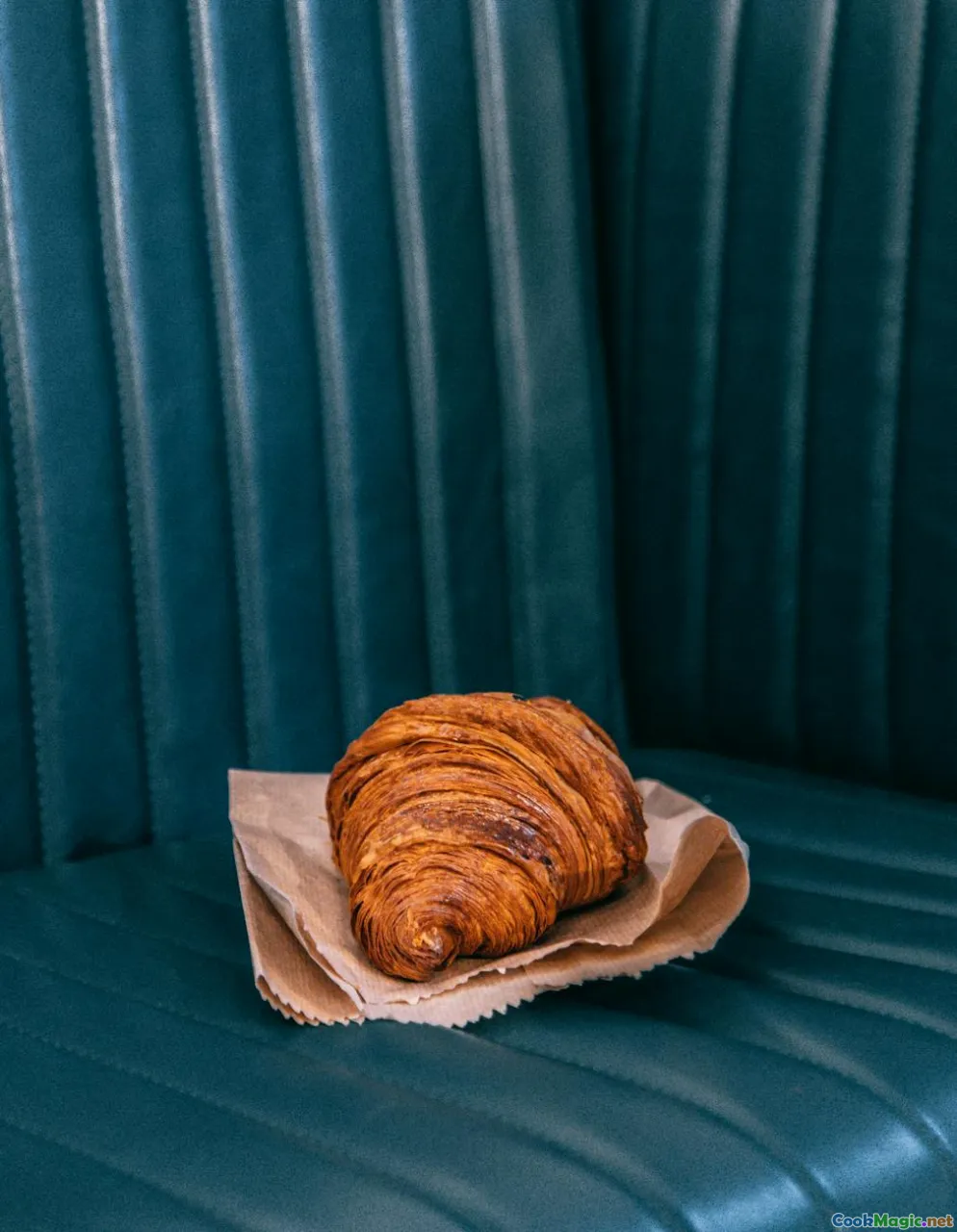Why French Cuisine Became a Global Standard
8 min read Discover how French cuisine rose to global prominence, shaping culinary standards through history, culture, and innovation. April 24, 2025 00:55
Why French Cuisine Became a Global Standard
Imagine walking into a bustling Parisian bistro, the air thick with the aromas of freshly baked baguettes, simmering sauces, and roasted meats. The delicate crunch of a well-made croissant, the rich umami of coq au vin, and the intricate presentation of a tarte Tatin — these are not just meals but a symphony of sensations that have captivated the world for centuries.
But what is it about French cuisine that has elevated it to a global standard? Why do culinary traditions from the heart of France influence kitchens from Tokyo to New York? To understand this, we must journey through history, culture, innovation, and the very essence of what makes French gastronomy so compelling.
The Historical Foundations of French Culinary Prestige
A Heritage Rooted in Royalty and Nobility
French cuisine’s rise to prominence is deeply intertwined with its history of monarchy and aristocracy. During the Middle Ages and Renaissance, French kings and nobles fostered a culture of elaborate feasts and fine dining. These royal courts became laboratories for culinary innovation, where chefs experimented with flavors, presentation, and techniques.
The opulence of the Palace of Versailles, with its grand banquets, set a standard for sophistication and grandeur that filtered down through the social classes. This tradition of refinement laid the groundwork for the meticulous attention to detail that characterizes French cooking.
The Codification of French Culinary Techniques
In the 17th and 18th centuries, French chefs began systematizing their craft. The establishment of culinary schools, notably Le Cordon Bleu in 1895, formalized training and created a shared language of techniques. Classic methods like sautéing, braising, poaching, and simmering became standardized, allowing chefs worldwide to learn and replicate French dishes with consistency.
The Influence of French Gastronomic Literature
The publication of culinary texts, such as Le Cuisinier Royal et Bourgeois and later Larousse Gastronomique, provided comprehensive guides that spread French culinary principles beyond borders. These books became the bible for aspiring chefs, offering precise recipes and techniques that emphasized balance, harmony, and finesse.
Cultural and Social Significance
A Philosophy of Balance and Elegance
French cuisine is not merely about ingredients; it’s a philosophy that emphasizes balance, seasonality, and harmony. The French approach values mise en place — meticulous preparation — and the artistry of presentation. Dishes are crafted to delight all senses, from visual appeal to aroma, texture, and taste.
The Art of Wine and Food Pairing
France’s rich wine terroirs — Bordeaux, Burgundy, Champagne — are integral to its culinary identity. The tradition of pairing wines with meals elevates dining into an immersive experience. This nuanced understanding of flavor interactions has influenced global dining standards.
Culinary Rituals and Dining Etiquette
French meals often follow a structured progression: starter, main course, cheese, dessert. This ritualistic approach to dining fosters appreciation and mindfulness, setting a standard for formal and informal gatherings worldwide.
Technological and Artistic Innovation
The Rise of Haute Cuisine
In the late 19th and early 20th centuries, chefs like Auguste Escoffier revolutionized French cooking with the development of haute cuisine. Escoffier’s brigade system and emphasis on sauces and classic techniques created a framework that remains influential.
The Nouvelle Cuisine Movement
In the 1970s, chefs such as Paul Bocuse and Michel Guérard challenged traditional norms with Nouvelle Cuisine. Emphasizing freshness, simplicity, and presentation, they inspired a global shift towards more casual yet refined culinary styles.
Modern Innovations and Fusion
Today, French chefs continue to innovate, blending classical techniques with global flavors. The emphasis on precision, quality ingredients, and artistic plating continues to set the standard.
The Global Spread and Adaptation
Culinary Diplomacy and Cultural Exchange
French cuisine’s influence extends through culinary diplomacy. French-trained chefs have opened restaurants worldwide, and French culinary schools attract students globally. The Michelin Guide, originating in France, has become a universal benchmark of excellence.
The French Kitchen as a Template
From the meticulous mise en place to the emphasis on sauces, French techniques serve as a foundation for professional kitchens everywhere. Many culinary curricula are rooted in French methods, ensuring its principles endure.
Fusion and Localization
While maintaining core techniques, French cuisine has adapted to local ingredients and tastes. This flexibility has helped it remain relevant and inspiring across diverse culinary landscapes.
Personal Reflection and the Enduring Legacy
Having traveled extensively, I’ve seen firsthand how French culinary principles elevate even the simplest dishes — a perfectly executed omelette, a well-balanced ratatouille, or a decadent soufflé. The obsession with quality, technique, and presentation is contagious.
For me, French cuisine symbolizes a marriage of art and science, tradition and innovation. It’s a testament to how food can be an expression of culture, history, and identity.
Conclusion
French cuisine’s journey from royal courts to global tables is a story of innovation, refinement, and cultural diplomacy. Its techniques, philosophies, and rituals have established a culinary language that transcends borders, inspiring chefs and home cooks alike. As we savor a finely prepared French dish, we partake in a centuries-old tradition of excellence and artistry, reminding us that cooking is, at its core, a celebration of life.
Whether you’re a professional chef or a passionate home cook, embracing the principles of French cuisine offers a pathway to elevate your culinary creations and appreciate food as a true art form. After all, the French did not just create cuisine — they crafted a universal language of flavor, finesse, and joie de vivre.









